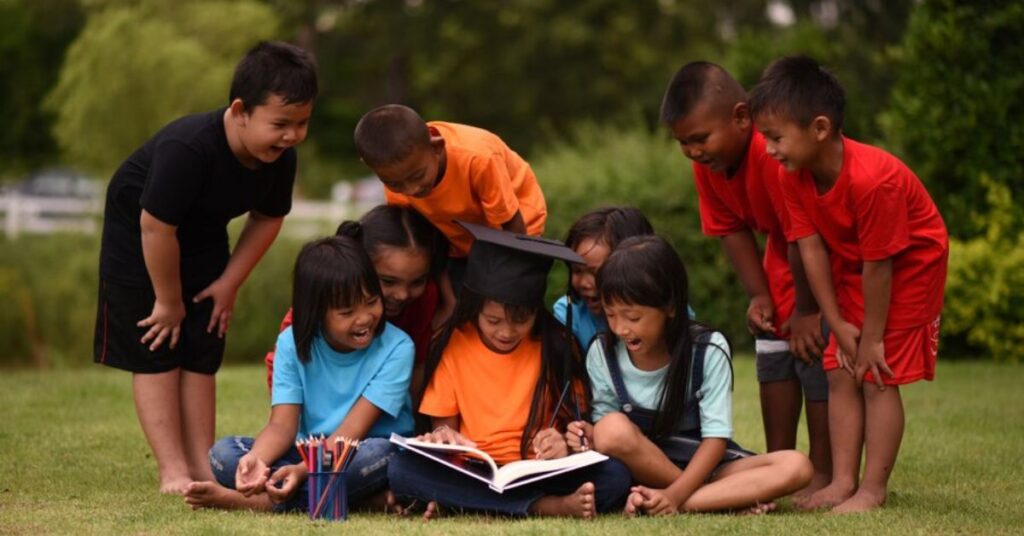India, with its vast population, is home to millions of underprivileged children who face numerous challenges, from lack of access to quality education to inadequate healthcare. Addressing these issues is crucial for their personal development and the nation’s progress as a whole. Empowering these children can break cycles of poverty and enable a brighter future for them and the country.
The role of dedicated organizations, such as child education NGO in India, cannot be overstated in this endeavor. Through various programs and initiatives, these NGOs strive to create opportunities that these children would otherwise be denied. This article explores five effective ways to empower underprivileged children in India, highlighting how the concerted efforts of communities and organizations can make a substantial impact.
1. Enhancing Access to Quality Education
One of the most direct ways to empower underprivileged children is through providing access to quality education. Many children in rural and impoverished urban areas drop out of school due to financial constraints or a lack of schools in their vicinity. Child education NGOs in India play a pivotal role by setting up educational centers in these underserved areas, offering scholarships, and running after-school support programs. Such initiatives ensure that education is not only accessible but also tailored to help children from all backgrounds succeed academically.
2. Focusing on Skill Development
Apart from traditional schooling, skill development is essential in preparing children for real-world challenges. Vocational training and skill-based workshops can equip them with practical skills, from carpentry and sewing to coding and digital literacy. These skills enhance their employability and boost their self-esteem and sense of independence. By partnering with local industries and businesses, NGOs can provide hands-on training that aligns with market demands, thereby improving the future job prospects of these children.
3. Promoting Health and Nutrition
Health is a fundamental aspect of child development that significantly affects educational outcomes. Underprivileged children often suffer from malnutrition and lack access to basic healthcare, which impedes their physical and mental development. Health camps, regular check-ups, and nutrition programs can dramatically improve their health, enabling them to attend school regularly and participate actively. Initiatives that provide free or subsidized healthcare services ensure that children are healthy enough to pursue their educational goals.
4. Ensuring Psychological Support
The psychological impact of poverty can be profound, affecting a child’s confidence and motivation. Psychological support through counseling and mentorship programs can help children overcome these barriers. Child education NGOs in India can facilitate access to counselors who specialize in child psychology to ensure that children receive the emotional support they need. Mentorship programs, where volunteers spend time with children, guide them, and share personal experiences, can also inspire and motivate them toward greater achievements.
5. Empowering Through Technology
Technological literacy is as important as traditional literacy in today’s world. Introducing underprivileged children to technology and providing them with the tools and training to navigate digital platforms can open up new avenues for learning and personal growth. NGOs can implement computer training programs and provide access to e-learning resources, which can be particularly beneficial in remote areas with limited educational resources. This helps bridge the digital divide and prepares them for a future in which digital skills will be paramount.
Empowering underprivileged children in India requires a multifaceted approach, with each method contributing to their overall development and success. Child education NGO in India is at the forefront of this noble cause, tirelessly working to ensure that every child has the opportunity to rise above their circumstances and achieve their full potential. By supporting such organizations and initiatives, one can contribute to shaping a future where every child can lead a life of dignity.







